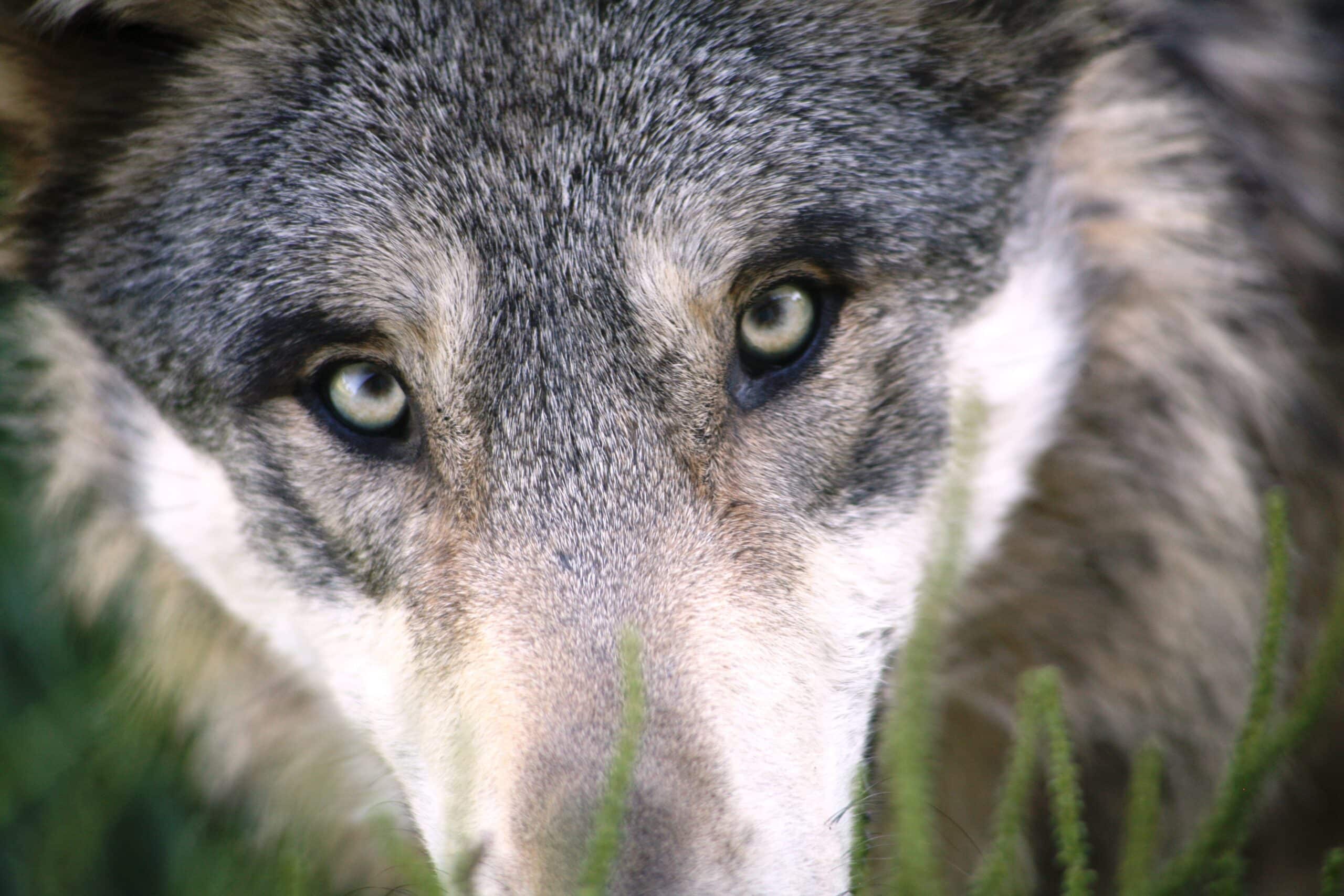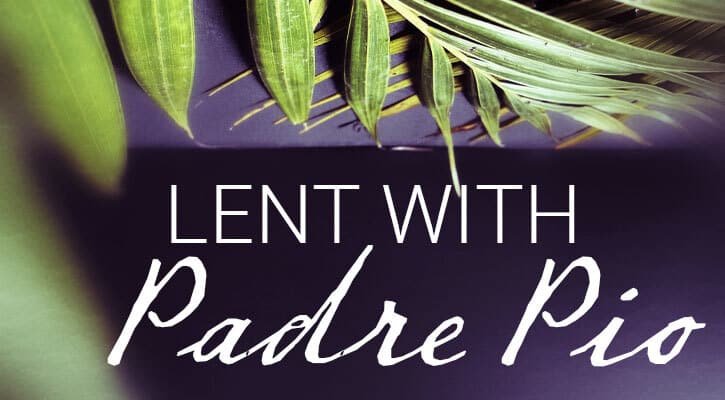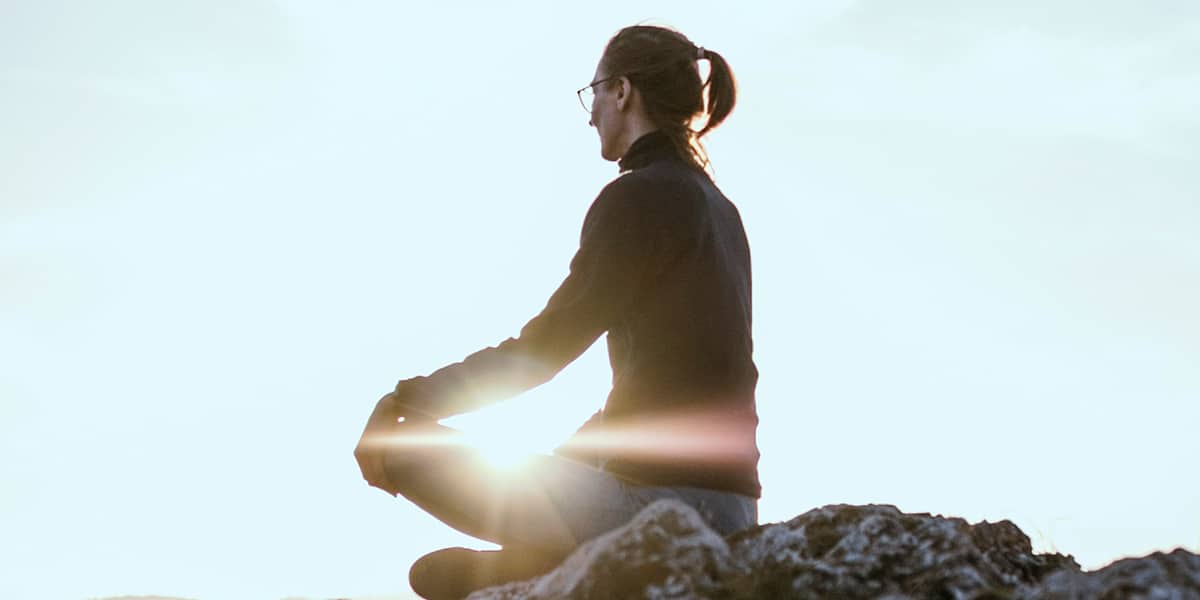Life is unpredictable—as the last three or more years have shown us. None of us can avoid injury, illness, heartbreak, and loss. It’s a risky thing to love, to raise children, to have a job—really, to be alive, in general. I’ve lived a lot of my life in fear, trying to cultivate the strength and invincibility of a fortress in the face of life’s uncertainties.
Lately, though, I’ve been leaning away from the fortress mentality and more toward flexibility and resilience. I assume that difficult things will happen—both in the form of personal challenges and large-scale shocks to our systems and ecosystems—and I’m focusing on finding ways to bounce back from those disruptions. For this, nature is a great guide.
Back in 1995, wolves were reintroduced into Yellowstone National Park after having been hunted out of existence 70 years earlier. In their absence, deer had multiplied, severely overgrazing the land. When the wolves were brought back, however, miracles happened. The deer population was reduced, and, fearing the wolves, deer began avoiding the valleys and gorges that made them vulnerable to predation. This allowed those areas to regenerate shrubs and trees, which encouraged more songbirds to show up.
Wolves also reduced the coyote population, which meant more mice and rabbits, which brought more hawks, weasels, badgers, and foxes. With more trees, beavers returned, and their dams created new habitats for greater numbers of otters, muskrats, ducks, fish, and amphibians.
Ravens and bald eagles also multiplied, feeding on the carrion of wolf kills. Even rivers and streams changed course, as increased vegetation stabilized their eroding banks. Nature bounced back in surprising ways.
The wolves at Yellowstone teach us that resilience requires systems thinking: recognizing that everything and everyone has an important and interconnected role—similar to St. Paul’s metaphor of the body of Christ (1 Cor 12:12–31). We have to pay attention to individuals (like the wolves) and the system as a whole.
Each one of us should certainly tend to our own well-being, but we must also nurture close relationships and strong social networks, invest in communities and social capital, build infrastructure with climate change in mind, and protect nature’s buffering capacity by preserving forests, coastal wetlands, and biodiversity.
When Scripture encourages us to “fear not,” God isn’t promising to keep us safe, just to stay with us during the mess and inspire us to navigate it together with grace, helping us stay flexible and cooperative. After all, isn’t it far better to bounce than to break?
Be Flexible!
- Meditate on St. Paul’s description of the body of Christ, in 1 Corinthians 12.
- What are your core connections—family, neighbors, parish, city? What three new things can you do this month to strengthen and broaden those connections?
- What is your general attitude toward life’s uncertainties—fortress or flexibility? Practicing some physical flexibility exercises can spill over into other areas of your life.









3 thoughts on “Seeking Balance in a Crisis”
Thank you for this. The Yellowstone story touched my heart. What an amazing Creator we have who can take one change and use it to bring about marvelous recovery and new balance! We must find hope and joy in a world that can be so dark.
Blessings!
In the past 150 years or so, “management” of our natural resources has meant intervention in order to improve what we have, in addition to “fixing” what we have destroyed. I think that “management” of our natural resources should mean rather ensuring that we allow natural processes to do what they naturally do. Of course, as in the reintroduction of the wolves, we need to take some action to enable nature to regain its natural essence. We need to allow God to be God and do what God does. Since when do we think we can do a better job than God? Since when? Since the Garden of Eden, in my opinion.
Thank you for posting this. I am going to take some time to reflect upon the gifts God has given me and how I can best go forth and share them with others where I am able thus making us all more resilient.